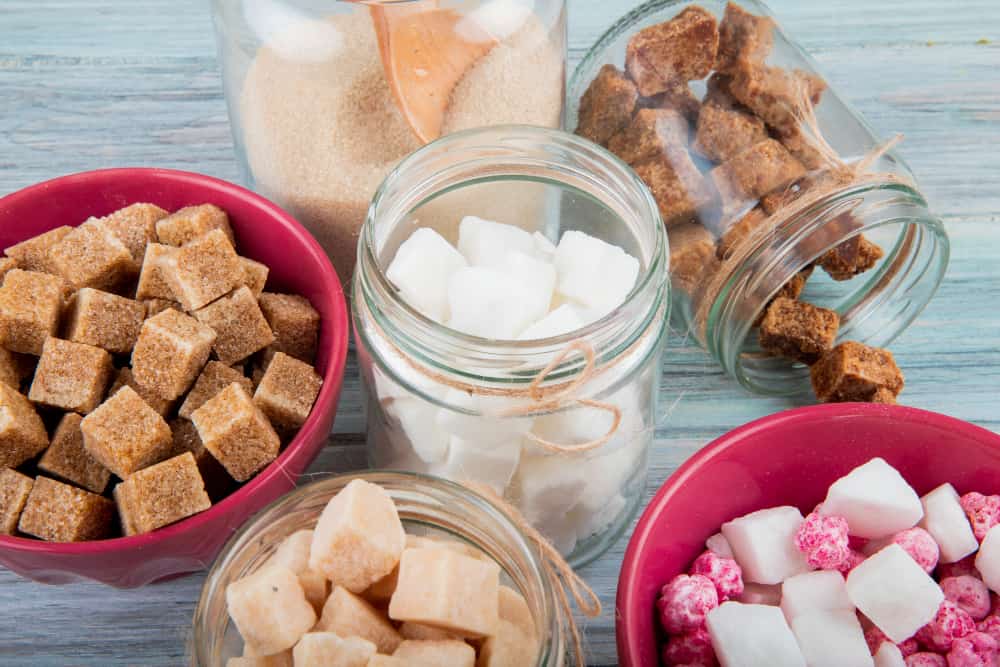10. Artificial Sweeteners

Artificial sweeteners, found in a wide array of diet foods, beverages, and sugar substitutes, are often chosen by individuals looking to reduce calorie intake or manage blood sugar levels. However, for those with diverticulitis, these sugar substitutes can have unintended consequences on digestive health. Some artificial sweeteners are known to alter the gut microbiome and increase gut fermentation, leading to symptoms like bloating, gas, and diarrhea. These effects can exacerbate the discomfort associated with diverticulitis, making it advisable for individuals managing this condition to limit or avoid products containing artificial sweeteners.
Opting for natural sweeteners in moderation, such as honey or maple syrup, can be a healthier choice for those with diverticulitis. These alternatives offer the sweetness many desire without the negative impact on gut health associated with artificial sweeteners. It’s important to note, however, that all sweeteners should be used in moderation, as excessive consumption of even natural sugars can contribute to other health issues. Balancing the desire for sweet foods with the need to maintain digestive health is key for individuals managing diverticulitis.
Making dietary adjustments to reduce the intake of artificial sweeteners requires a mindful approach to food and beverage choices. Reading labels and being aware of the ingredients in processed foods can help individuals avoid these sweeteners. Consulting with a healthcare provider or a dietitian can also provide valuable guidance on suitable dietary changes that support both overall health and the management of diverticulitis. This personalized approach to nutrition can help minimize symptoms and improve quality of life for those affected by this condition.
